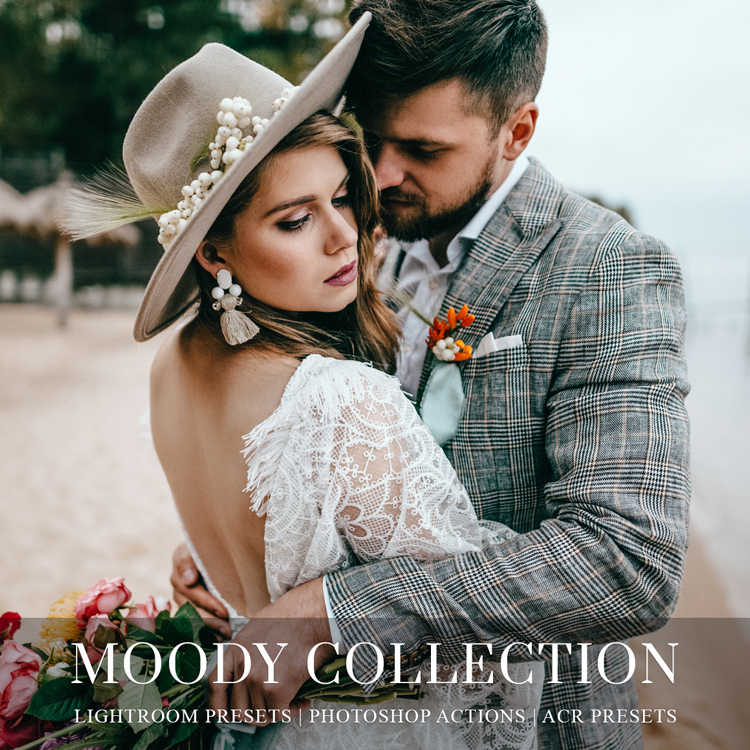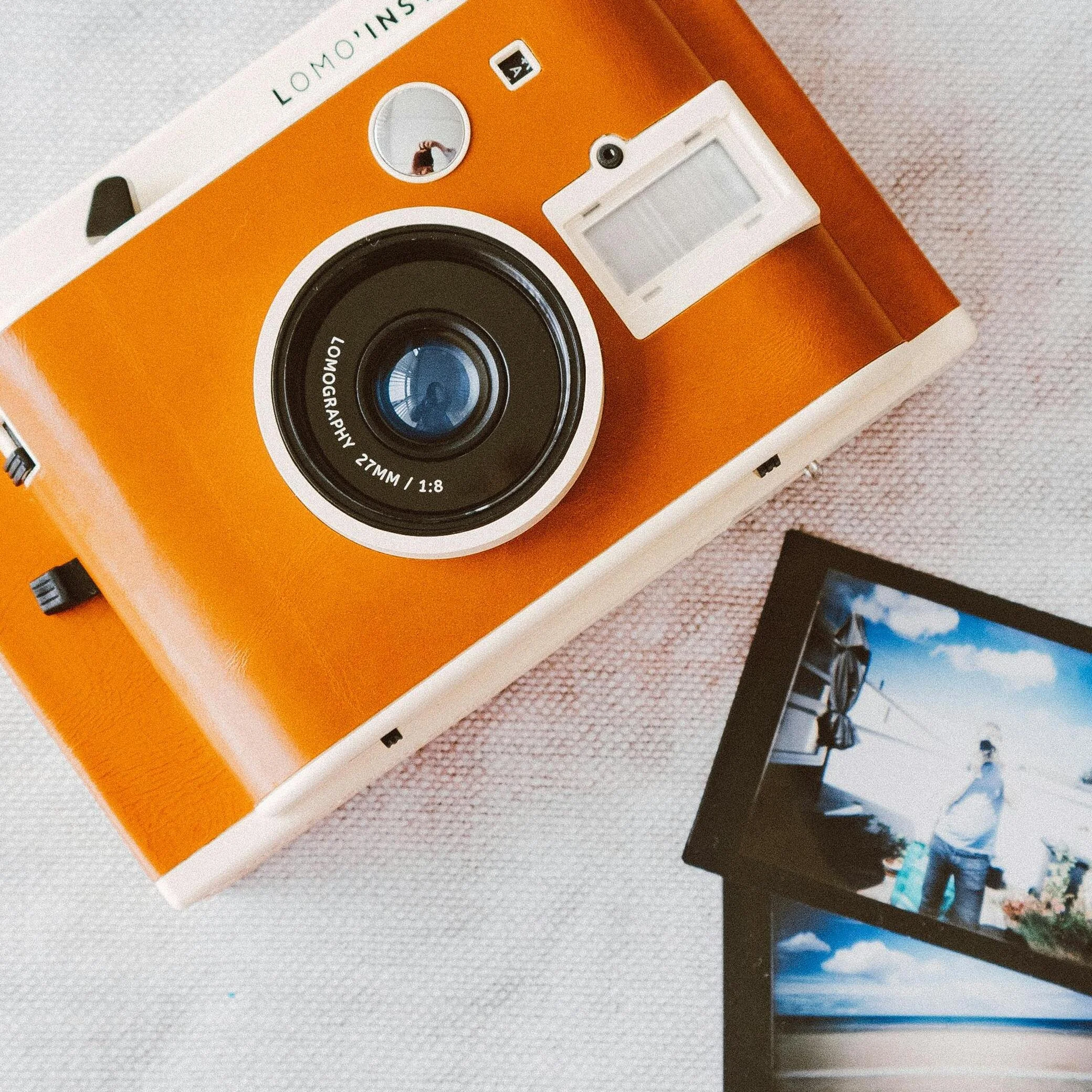How to be a good critique of your photography
As photographers (or any creative) we're often our worst critic rather than our best one. It can be difficult to judge our own work objectively when we're anything but. We have too much invested in our photography. So, how is it that you can be a more objective critic of your work - and others' work as well?
Judging art has an enormous amount of personal opinion and taste. However, that's not to say that there aren't some technical aspects one can use when judging art, particularly photographic art.
Here are some pointers to consider:
Intent & Purpose
If you are judging your own work, consider what your initial intention was for the photo. Does it meet that purpose? Assuming it does not, does it still meet the need? For the image in the first place? For example, let's say you're a wedding photographer and you frame a shot in a certain way. Back in the studio, you realize that the composition was off for you. It wasn't what you had intended, BUT, it still works. You've captured the bride from a unique angle, and although it's not the one you wanted, the photo works out beautifully.
Technicalities
To be a better objective critic, focus on that which isn't subjective in an image. There is always a standard of technical features or fundamentals in any art which can be analyzed. Try to put aside your personal opinions (liking or not liking an image or something about it) and, instead, hone in on the factual aspects - whether that's composition, shutter speed, ISO, tone, etc. Does the image have all of the technical aspects it should and, if it doesn't, does that improve or diminish the value of the work?
Artistic Quality
Once you've judged the image for the essential technical points, then you should look at its aesthetic value or quality. However, it's important to consider a variety of issues. For example, just because a photographer's vision isn't the same as yours, doesn't mean it's not a good image. Did the photographer produce something with artistic value? Did they maximize the creative possibilities? Is there a particular aesthetic quality to the image?
If it's your own photo you're assessing, then you ask yourself if it meets your intended vision or goal. If it does not, does it still meet the need for the image? Sometimes we create our best work unexpectedly! Don't dismiss an image just because it came out differently than you'd intended. It might even be a better shot.
A judge on Merit
Whether you are evaluating your work or someone else's, it's important (and fair) to keep your ego out of it. Judge a photograph on its merits and keep yourself out of it. Use your knowledge and technical expertise to provide a fair assessment of an image or body of work. If you're publicly judging a picture or giving feedback directly to someone, consider how you deliver your feedback, particularly if they're a new photographer.
How would you want to hear a critique of your work? If possible, ask questions of the photographer. What influenced the image or composition? What was their intention, and so forth? Overall, be fair, be professional, and be objective in your feedback - even when it's your own work!
Remember, that there can be several reasons judging an image. You might be evaluating your own work to decide if it merits showing it to a client, entering it into a competition, or displaying on your website. Or, you could be asked by another less-experienced photographer for help judging the merits of their work.
Whatever the reason for evaluating a photograph or body of work, the point is to make a fair assessment. In most cases, feedback can lead to improvement. Knowing what works and what doesn't, can help you or another photographer do better the next time.



















